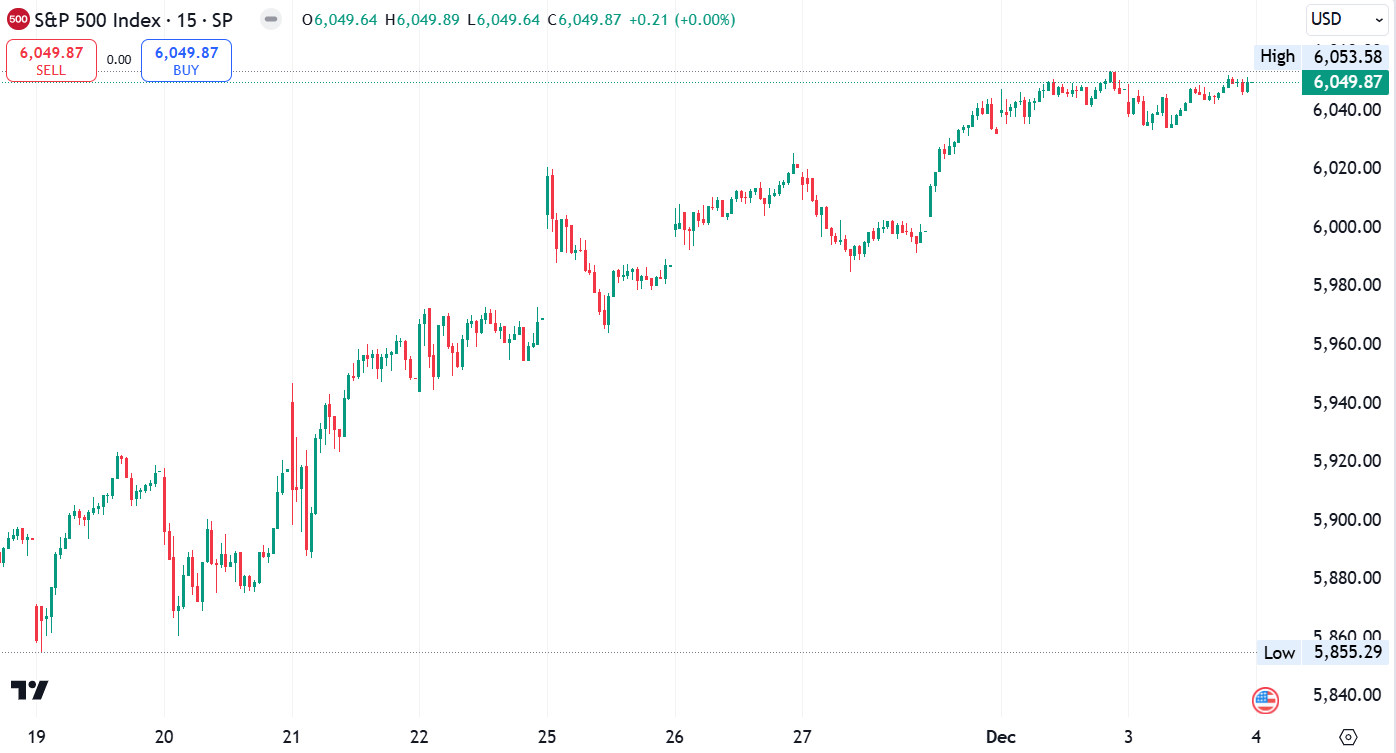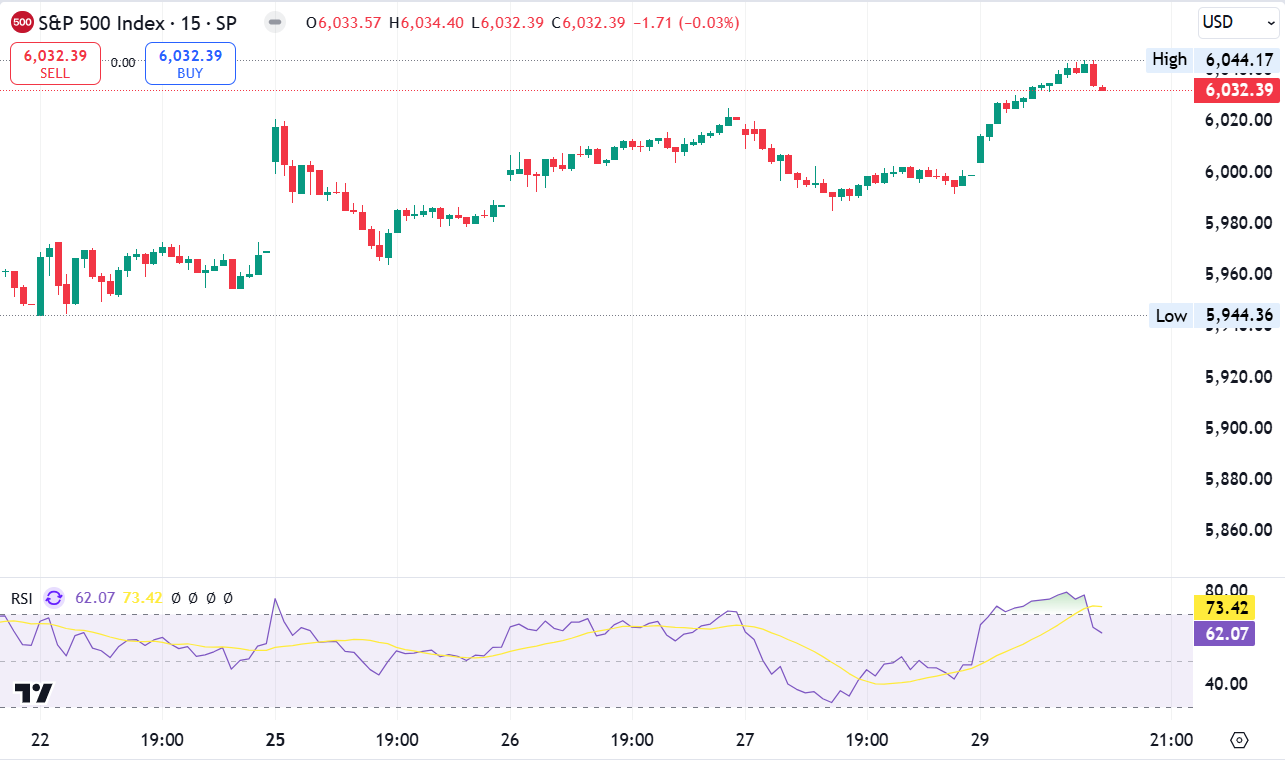Personal Finance Trends To Watch In 2024

Personal Finance Trends To Watch In 2024
Welcome to 2024, a year of transformative change in personal finance trends. As we move through the post-COVID-19 era, people’s financial management, including credit cards and retirement savings, is changing quickly.
Artificial intelligence is revolutionizing financial advice, offering personalized financial strategies tailored to individual needs. This year, we see a surge in financial products designed to maximize disposable income. They cater to everyone, from baby boomers to those aiming for financial independence.
Interest rates continue to influence spending decisions, prompting more people to adopt subscription-based services to save and invest wisely.
Achieving financial freedom and retiring early has become easier than ever. This is due to the availability of various financial services that assist individuals in reaching their goals.
Join us as we delve into the latest trends in personal finance management for 2024, exploring innovative ways to secure financial independence and achieve financial security.
Personal Finance Industry Trends 2024
Here are some trends in the personal finance industry that became popular in 2023. Continue to follow them into the new year, and they will help you move faster toward financial freedom.
Challenge Traditional Wealth Norms
This year, reevaluating societal norms around wealth was a hot topic in financial forums. Discussions ranged from the rent-vs.-buy debate to the emergence of ‘quiet luxury’—a trend moving away from flashy brands to more classic, understated styles.
As you set your financial goals for the new year, it’s important to assess these norms critically. Consider whether societal expectations or your true desires influence your goals. This introspection is vital to managing your personal finances in alignment with your values, especially as we brace for another year of unpredictability.
Rise of Personal Finance Apps
The landscape of personal finance management is undergoing a digital transformation, with personal finance apps at the forefront of this change.
As we move into 2024, these applications are not just mere tools for tracking expenses or checking account balances; they are evolving into sophisticated platforms offering a plethora of advanced features.
AI-Driven Financial Management: Artificial intelligence (AI) will play a pivotal role in personal finance apps.
Expect AI algorithms to offer personalized budgeting advice, spending analysis, and financial predictions based on your income, spending habits, and financial goals.
This technology could help identify saving opportunities, alert users about unusual expenditures, and provide real-time financial insights.
Redefining Retirement Plan
As we approach 2024, the traditional notion of retirement is undergoing a significant transformation. Gone are the days when retirement meant a complete cessation of work and a transition into a life of leisure. Instead, a more dynamic and flexible model of retirement is emerging, reflecting changing attitudes and economic realities.
An increasing number of individuals are gravitating towards phased retirement. Phased retirement can involve continuing part-time work with the same employer or even starting a new, less demanding role elsewhere.
Subscription-based financial services
One of the primary benefits of Subscription-based financial services is the automation of savings. This ‘set and forget’ approach simplifies the saving process, making it less daunting and more consistent.
Investment-wise, subscription-based platforms provide users with access to diverse financial markets, including stocks, bonds, and even cryptocurrencies. They give personalized advice and investment portfolios based on the user’s risk tolerance and financial goals.
Moreover, these services often include educational content, helping users understand the fundamentals of personal finance and investment. This knowledge empowers them to make informed decisions, turning them into savvy savers and investors.
More Non-Tech People Get Into Crypto
The cryptocurrency market has experienced remarkable growth, reaching a $2.79 trillion market capitalization by November 2021. A massive increase in venture capital investments, totaling $27.4 billion in 2021, underscores this boom.
President Biden’s bill, mandating crypto exchange reporting to the IRS, and the introduction of the first Bitcoin ETF on the New York Stock Exchange recognize the sector’s expanding influence.
Public interest in cryptocurrency is on the rise, both among individual investors and governments. Notably, El Salvador has adopted Bitcoin as legal tender, inspiring other nations like Honduras and Guatemala to explore digital currencies. Meanwhile, a significant portion of Americans show support for Bitcoin adoption.
Early Retirement and Financial Independence
The concept of financial Independence, Retire Early (FIRE) gained further traction this year, especially among those seeking freedom from the conventional 9-to-5 grind in the post-COVID-19 era.
A comfortable retirement might involve traveling, spending time with family, or choosing work for passion rather than pay. Yet, according to a recent CNBC survey, 56% of Americans feel they’re not on track for a comfortable retirement.
Save more in tax-advantaged accounts and always spend less than what you make. With interest rates not expected to fall significantly in 2024, it’s an opportune time to join the FIRE movement, leveraging higher interest rates to boost savings.
Expanding Financial Literacy using AI
In 2023, AI, particularly tools like ChatGPT, became a buzzword. While I wouldn’t suggest relying on AI for investment advice due to its highly personalized nature, AI can be incredibly useful for understanding and expanding on key financial concepts.
ChatGPT, for example, is excellent for clarifying concepts you might have picked up from a financial advisor or educator, making it easier to grasp complex financial topics that were previously challenging to learn from online sources.
Digital-only banking
The rise of digital-only banks with no physical branches, such as Monzo and N26, is transforming how people manage and access their finances.
Digital-only banking, also known as online-only banking or neobanking, refers to financial institutions that operate exclusively online without traditional physical branch networks. This concept has grown significantly with advancements in technology and changing consumer preferences.
Customers can access banking services 24/7 from any location with internet access. This offers a level of convenience that traditional banks, with their limited hours and physical locations, can’t match.
Interest rates in 2024 will not decrease significantly. Therefore, it is a favorable moment to join the FIRE movement. By taking advantage of the higher rates, individuals can save more money.
Social Media for Personal Finances
Younger generations—specifically, millennials and Gen Z—increasingly turn to social media for personal finance purposes, such as making and receiving payments, crowdfunding, shopping, and financial education.
As digital natives, millennials and Gen Z are more likely than older generations to use P2P apps for transferring money. P2P apps allow users to send funds to another party through an intermediary to split bills, reimburse friends, pay for entertainment, and make charitable donations.
Personal Finance Trends 2024 – In Conclusion
The way people handle their money will be influenced by technology and society in the future. Digital financial management tools streamline budgeting and investing, while cryptocurrencies and blockchain technology offer alternative assets and payment methods.
The use of contactless and mobile payments, as well as digital-only banking, allows for convenient and speedy access to financial services.
Additionally, peer-to-peer lending platforms promote competitiveness within the loan industry. With more people participating in the gig economy and remote work, financial stability, and retirement planning need adapting.
The post Personal Finance Trends To Watch In 2024 appeared first on FinanceBrokerage.



